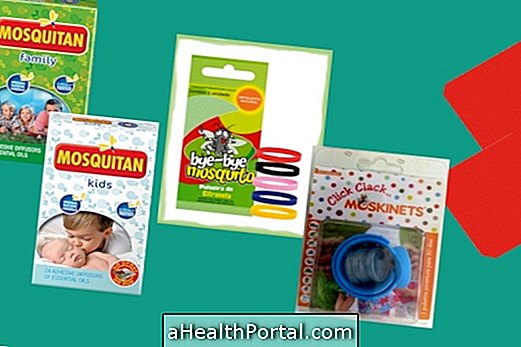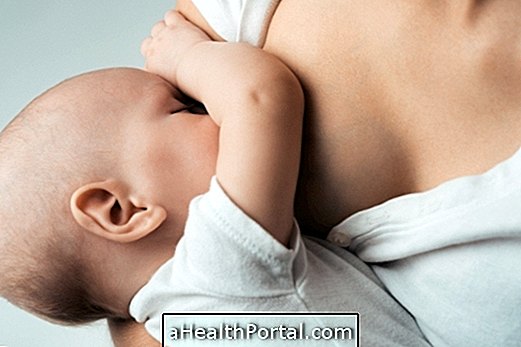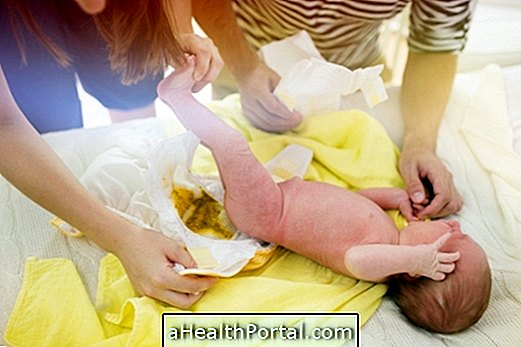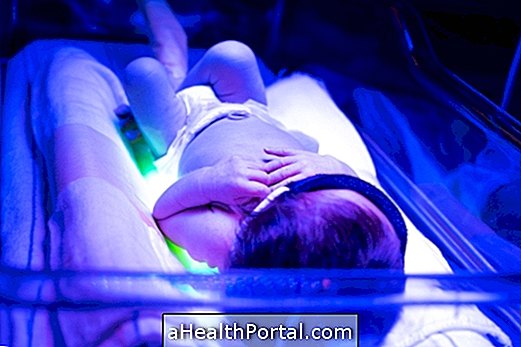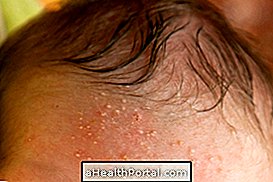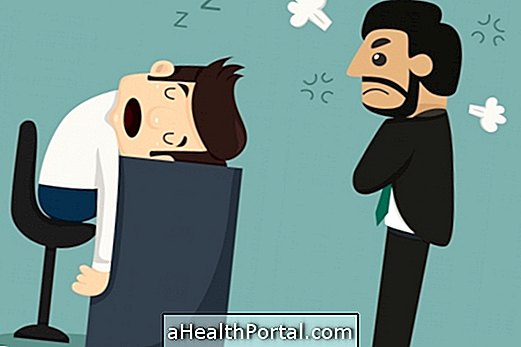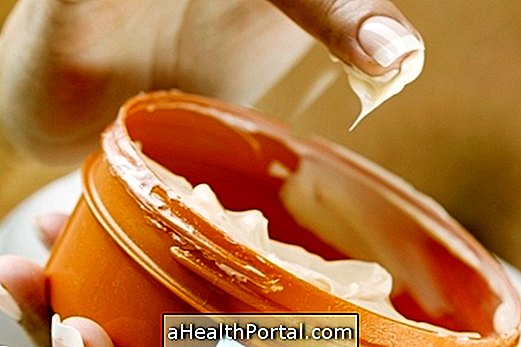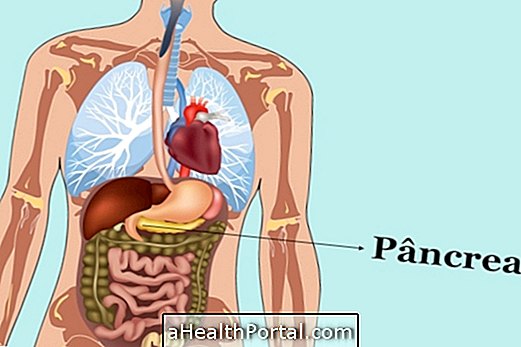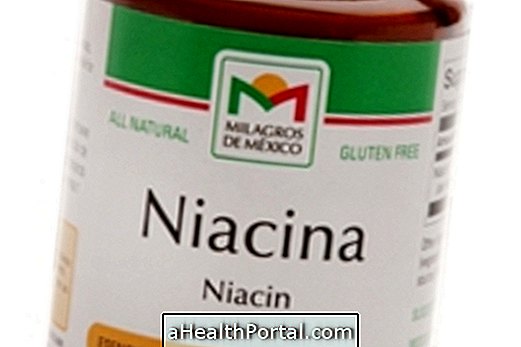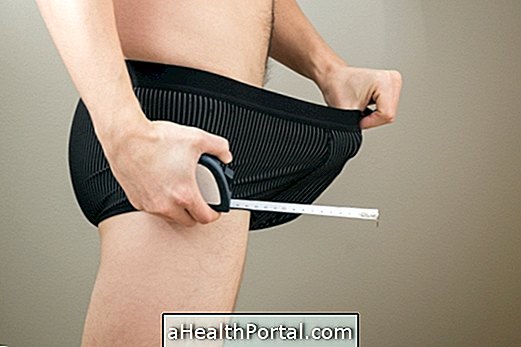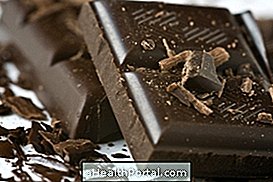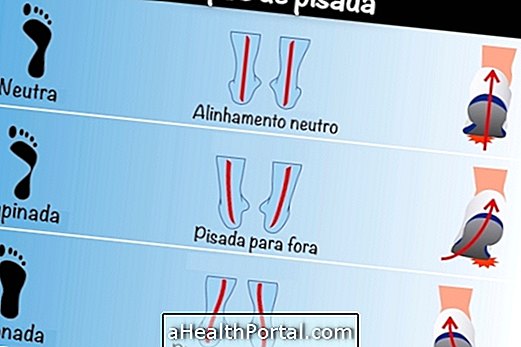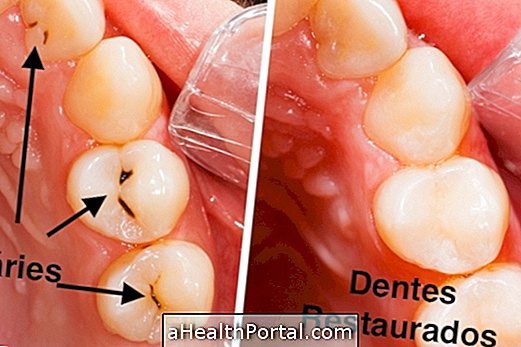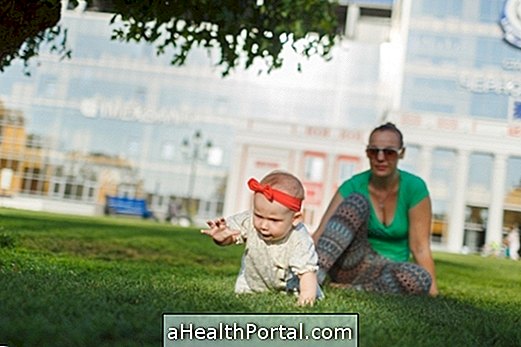To take care of the baby with reflux, which is milk regurgitation after the feeding, parents should take some care how to put the baby to burp during and after the feedings and avoid throwing the baby in the first 30 minutes after meals as it is normal which, due to the immaturity of the gastrointestinal tract, the baby can pocket.
In addition, other important precautions to prevent reflux in babies include:
- Breastfeed the baby upright as it allows the milk to remain in the stomach;
- Keep the baby with a well-filled mouth with the nipple or bottle tip to avoid swallowing too much air;
- Give frequent meals during the day, but in small amounts not to fill the stomach much;
- Avoid swinging the baby until 2 hours after breastfeeding, even in baby comfort, so that the contents of the stomach do not rise to the mouth;
- Use a shim under the bed mattress or an anti-reflux pillow to elevate the baby during sleep, decreasing reflux at night, for example.
In some cases the pediatrician may also recommend withdrawing cow's milk from feeding the baby if it is being used, as well as thickening the milk offered to the baby with cornmeal, rice flour or own products such as Mucilon.
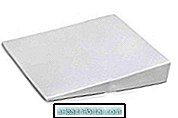


Normally, reflux in babies improves after 3 months of age because the sphincter of the stomach becomes stronger after that age. However, it is possible that some babies may have this problem for a longer time, and may indicate the presence of food allergy or gastroesophageal reflux, which should be evaluated by the pediatrician.
When Should You Get Reflux Treatment In Baby?
Treatment for reflux in a baby is usually recommended when the baby maintains reflux beyond the age of 18 months or when it is not possible to reduce the frequency of regurgitation with home care alone.
In these cases, your pediatrician will do the most appropriate treatment for the cause of reflux in the baby, which may include the use of remedies for gastroesophageal reflux such as Omeprazole, Domperidone or Ranitidine, as well as changes in baby feeding, for example.
When to go to the pediatrician
You should consult your pediatrician to start reflux treatment when your baby has any of these symptoms:
- Frequent irritability during or after meals;
- Vomiting in large quantities up to 2 hours after breast-feeding;
- Refusal to eat;
- Delay in development or difficulty gaining weight.
In these cases, the baby may have a disease, such as gastroesophageal reflux, which should be properly treated to avoid frequent episodes of reflux.
